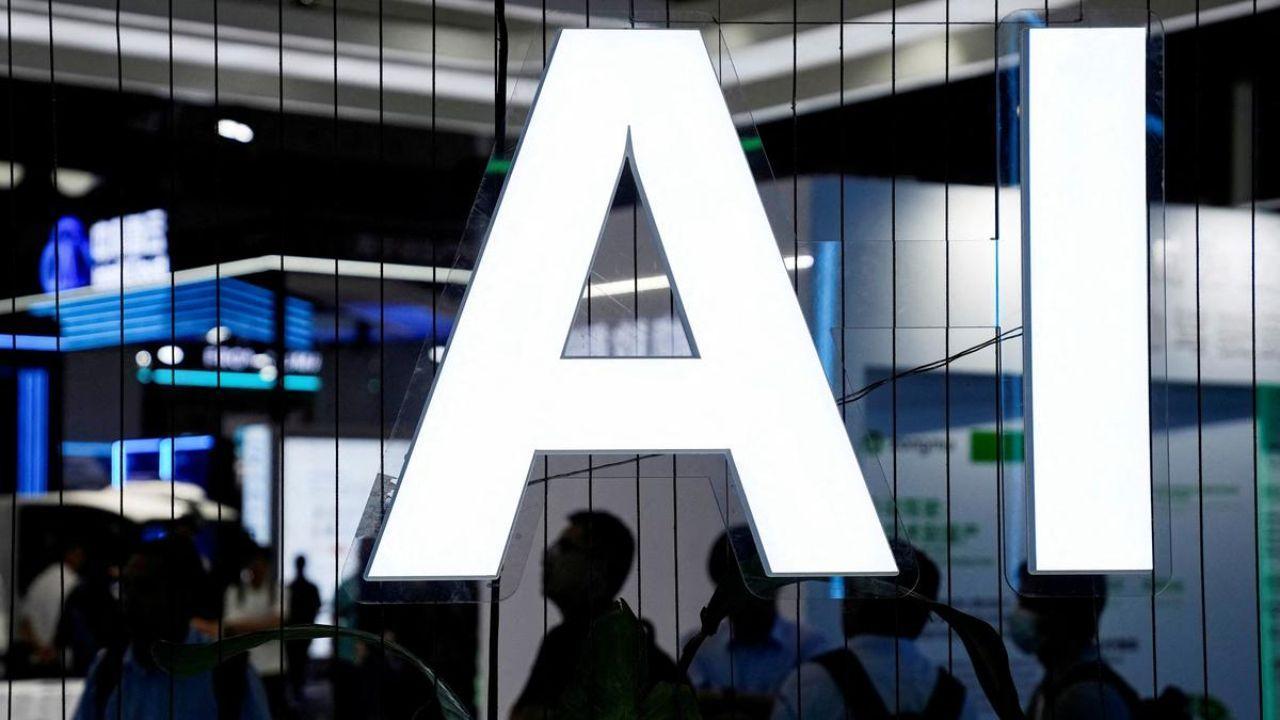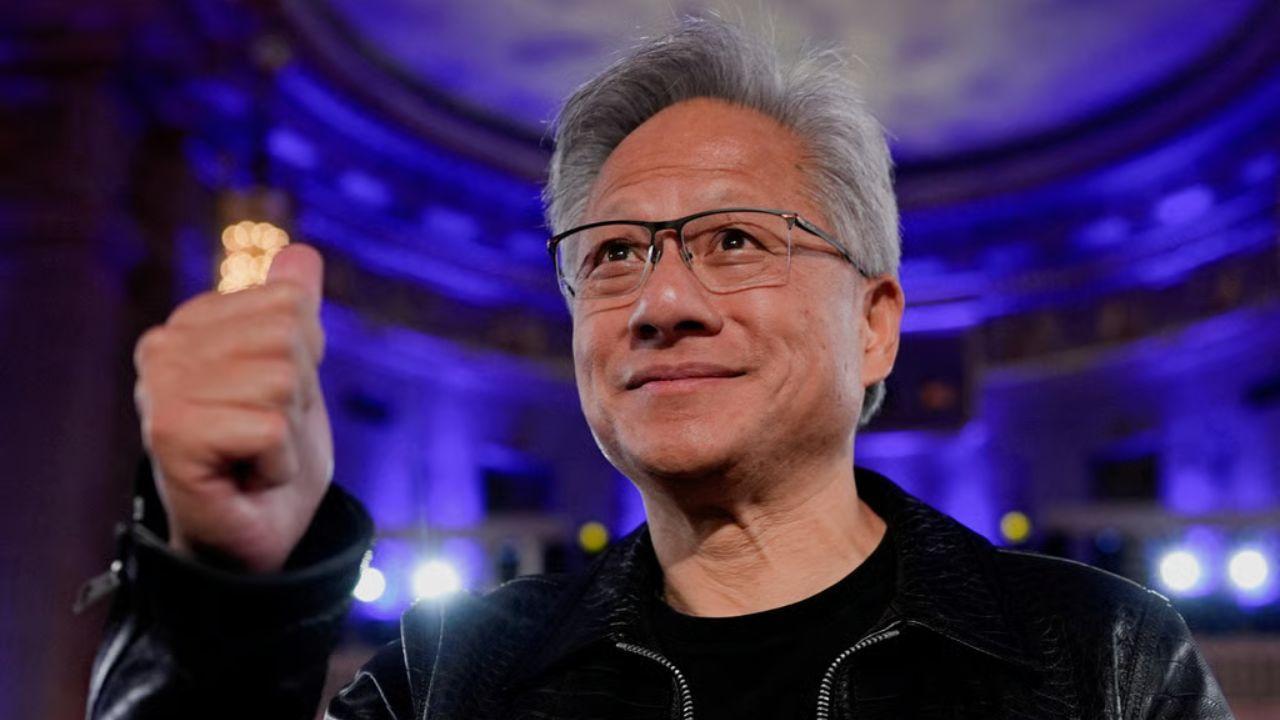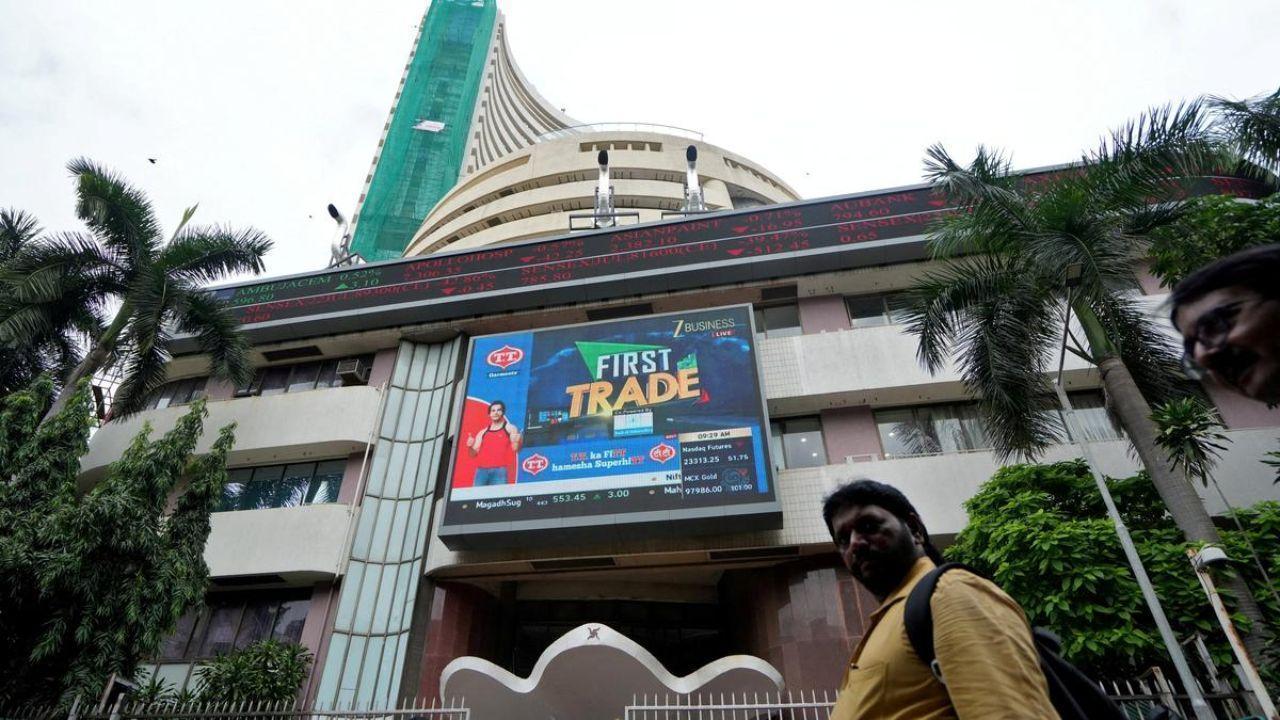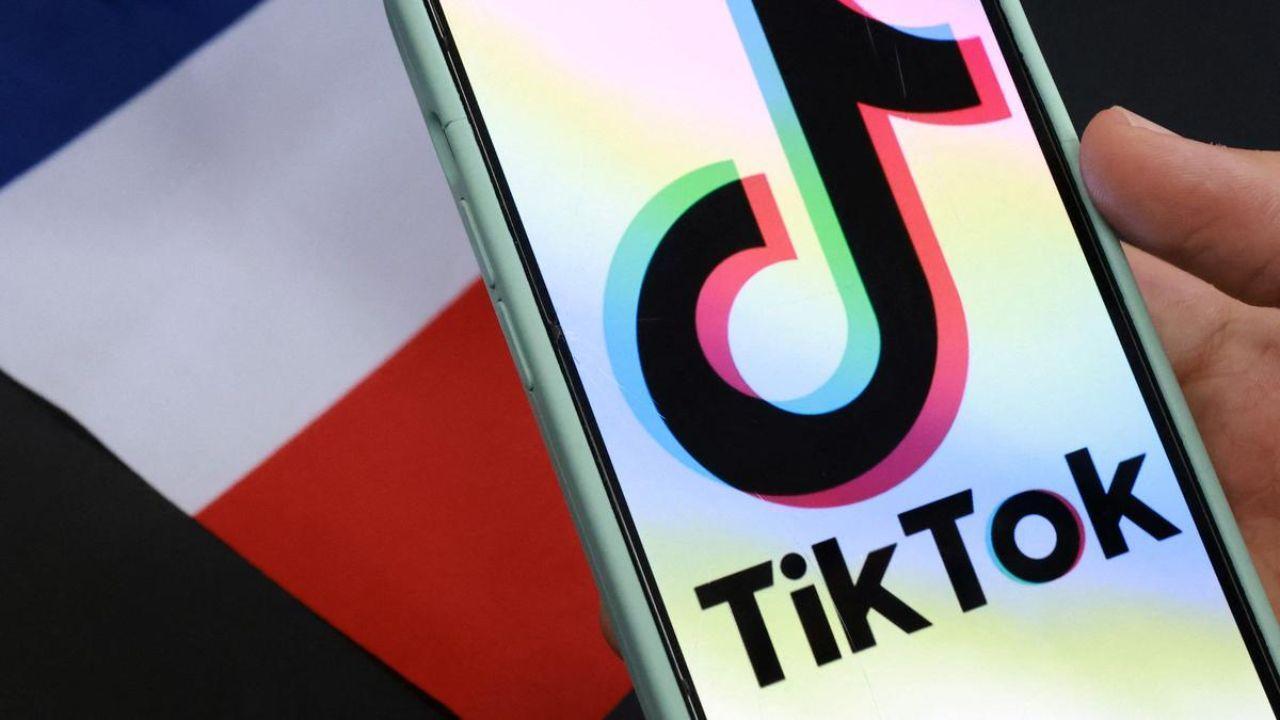
Post by :
Photo:Reuters
A key parliamentary committee in India has recommended that the government consider creating licensing rules for people or companies that make content using artificial intelligence (AI). This comes as part of a major effort to stop the spread of false information online, often called fake news.
The Parliamentary Standing Committee on Communications and Information Technology, led by MP Nishikant Dubey, emphasized the need for clear rules so that AI content creators are accountable for the material they share. The panel also suggested that any AI-generated content, such as videos, articles, or social media posts, should carry a clear label stating that it was created using AI.
According to the committee, labeling AI-generated content will help ordinary people identify real information from content created by AI systems. This is especially important in an era where online videos, news articles, and social media posts are widely shared and can influence public opinion quickly.
The panel also highlighted that the government should put in place both legal and technological measures to find and take action against individuals or organizations that deliberately spread misleading or fake content using AI. This could involve new laws, monitoring tools, and stricter enforcement to ensure that those who spread false information face consequences.
This recommendation comes amid growing global concern about AI’s role in generating misleading content. Experts have warned that AI-generated videos or articles can easily fool people if not properly marked. By requiring licensing and mandatory labeling, the government hopes to create a safer online environment where citizens can trust the information they consume.
The committee did not specify the exact process for licensing AI content creators or how the labeling system would work, but it urged the government to explore these options carefully. The focus will be on balancing innovation in AI technology with public safety and trust in media.
Experts say that if these rules are implemented, they could set an example for other countries struggling to manage AI-generated content. For creators, it means they would have to follow clear guidelines, while for the public, it would offer transparency and protection from false information.
Overall, this step could mark a significant move in how India handles the challenges of AI in media and digital communication. With AI becoming more common in news, entertainment, and social media, the committee believes that licensing and labeling will help prevent misuse and maintain public trust.
AI content, fake news, licensing










Xpeng Starts EV Production in Austria Boosting Europe Expansion
Xpeng begins assembling its electric SUVs in Austria to bypass EU tariffs, compete locally, and stre

China investigates Nvidia over antitrust law
China launches probe into Nvidia for violating antitrust law and Mellanox acquisition terms amid US-

Sensex and Nifty Show Volatile Trade Amid Profit-Taking
Indian stock markets opened higher but later became volatile, tracking global cues as investors awai

US-China Close to TikTok Deal as Trade Talks Resume in Madrid
US and China resume talks in Madrid to resolve TikTok, trade, and tariffs issues, with progress on d

Siraj and Prendergast Named ICC Players of the Month for August
India’s Siraj and Ireland’s Prendergast win ICC Player of the Month for August after outstanding per

Usain Bolt Returns to World Stage Inspires Fans and Young Sprinters
Eight years after retiring, Usain Bolt returns to world track events, inspiring fans, setting record